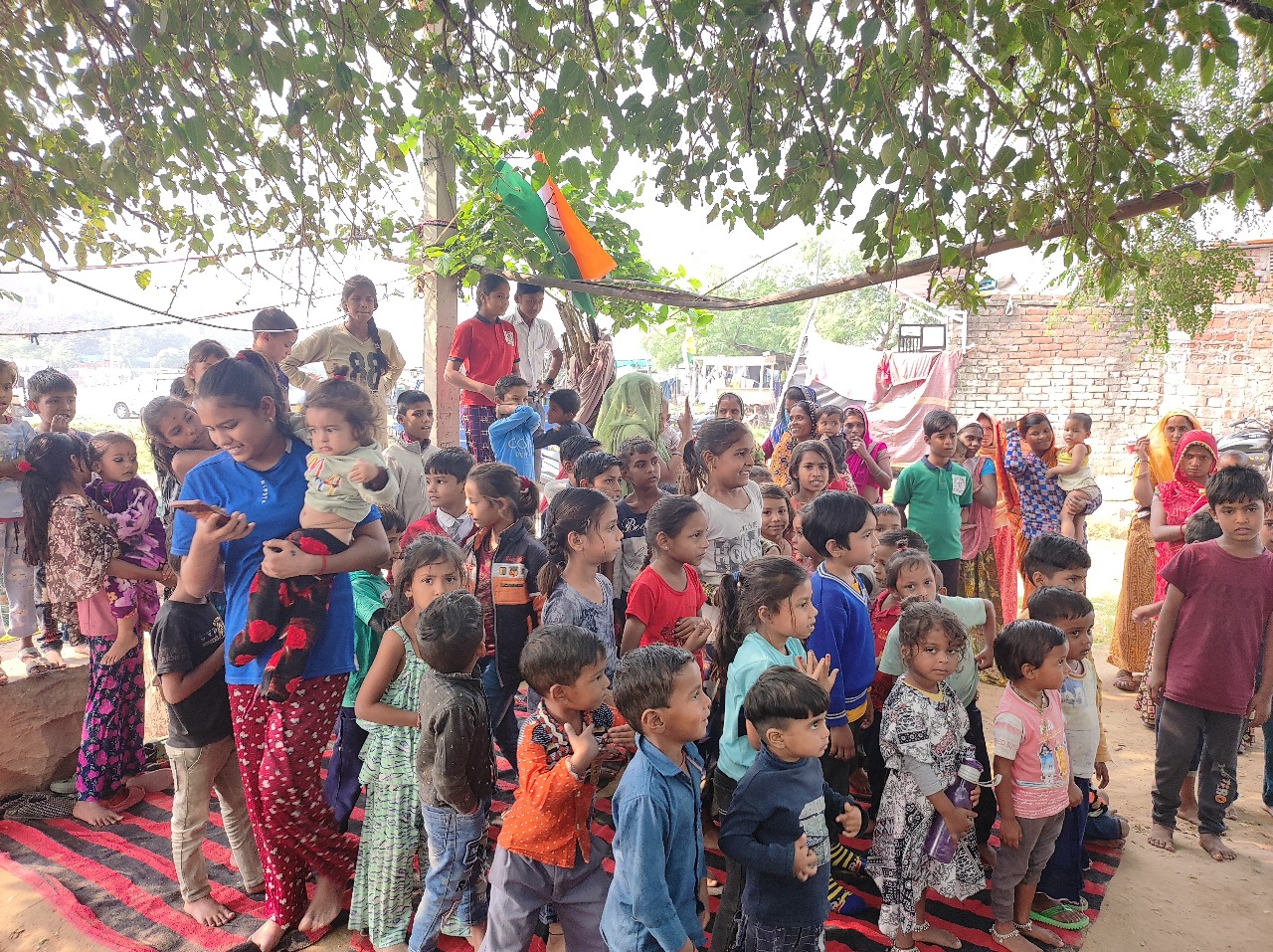Ensuring Child Participation and Leadership in Community Development
Ensuring Child Participation and Leadership in Community Development
At Development Initiatives Society (DIS), we place the rights and voices of children at the centre of our work. We believe that children are not merely beneficiaries—they are active contributors to shaping the world around them. Our Child Participation initiative aims to empower children and adolescents to understand their rights, express their views, and engage meaningfully in decision-making processes that affect their lives.
Child participation is fundamental to ensuring inclusive development and building a generation of informed, confident, and responsible citizens. To make this vision a reality, DIS facilitates structures and platforms that promote active child engagement across different age groups.
Formation of Children’s and Adolescent Groups
Recognizing that children (0–18 years) have diverse needs and capacities, DIS has established:
• Children’s Groups (ages 6–12)
• Adolescent Groups (ages 13–18)
These groups are inclusive and open to all children in the community, regardless of gender, caste, or background. Initially focused on playful and team-building activities, the groups serve as safe spaces for bonding and expression. As trust builds, discussions shift toward critical issues such as child protection, discrimination, and rights awareness.</p>
Over time, these groups become platforms where children identify risks, propose preventive actions, and participate in improving their own safety and well-being.
Child Reporters and Leadership Development
To further strengthen child participation, selected group members are trained as Bal Khabris (Child Reporters). These young leaders are equipped to:
• Identify and document cases of child rights violations (e.g., abuse, neglect, child marriage, or child labour)
• Report incidents to community leaders, school authorities, or DIS project staff
• Serve as ambassadors of child rights in their neighborhoods
Through continuous training and mentorship, children develop the skills to analyze issues, engage in dialogue with adults, and advocate for their peers. This structured leadership development process helps children emerge as confident speakers, critical thinkers, and community influencers.
Participatory and Empowering Activities
DIS integrates a variety of creative, experiential, and child-friendly activities to foster engagement and learning:
• Art and Expression Workshops: Drawing, painting, theatre, and storytelling help children voice their experiences and dreams.
• Child Rights Awareness Sessions: Fun, interactive sessions where children learn about their legal rights and responsibilities.
• Community Clean-Up and Social Campaigns: Activities that instill civic responsibility, teamwork, and a sense of contribution.
• Peer Mentoring: Older adolescents support younger children in learning, leadership, and personal development.
These activities are designed to nurture curiosity, build life skills, and help children understand the value of active citizenship.
Working with Families, Schools, and Duty Bearers
For child participation to thrive, a supportive ecosystem is essential. DIS works closely with:
• Parents and caregivers to encourage and respect children’s voices
• Schools and teachers to include children in decision-making bodies like School Management Committees
• Local governance bodies to ensure child representatives have a say in village-level planning and development
We also engage duty bearers and local authorities through awareness drives and capacity-building programs to ensure children are not just listened to—but taken seriously.
Impact and Change
The promotion of child participation has led to visible, measurable impacts:
• Children confidently raise their concerns in community forums
• Several child-led initiatives have addressed issues like school dropout, child labour, child marriage, and gender discrimination
• Children are now actively involved in monitoring their own safety, reporting risks, and proposing solutions
This has not only improved children’s self-esteem and knowledge but has also influenced community attitudes towards the value of listening to and empowering young voices.

